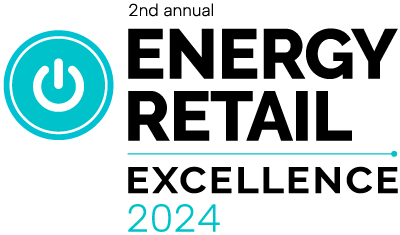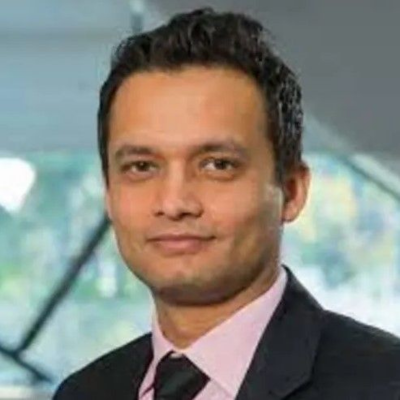 Shreejan Pandey
Shreejan Pandey
Director
Monash Energy Institute
- The role of AI in supporting our teams to improve customer experience and quality assurance outcomes
- Ability to segment customers by geography and by product to attributes, and assign to dedicated teams
- Reducing churn and improving loyalty with personalised products and services
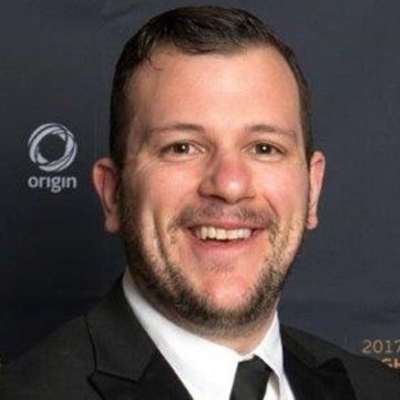 Cameron Geason
Cameron Geason
General Manager of Operations - Retail
Origin Energy
- Enhancing the energy experience required to meet the needs of consumers through the transition
- Building empathy and compassion into how we do business
- Digitalising without losing sight of the customers’ needs through the transition
 Ayesha Razzaq
Ayesha Razzaq
Executive General Manager of Retail
Ergon Energy Retail
- What is the role of retailers in a high CER environment?
- How can retailers and distributors prepare for the needs of energy consumers over the transition?
- Do we need to throw out the existing regulatory rulebook and start again, or can the existing framework be adjusted to match changing requirements?
Moderator:
 Mark Feather
Mark Feather
General Manager, Policy
Australian Energy Regulator (AER)
Panellists:
 Jo De Silva
Jo De Silva
General Manager Retail Policy
Australian Energy Council
 Dominic Adams
Dominic Adams
General Manager Networks
Energy Networks Australia
 Mark Vincent
Mark Vincent
Chief Operating Officer
SA Power Networks
 Steve Reid
Steve Reid
General Manager Regulatory Policy
Origin Energy
 Michael Jary
Michael Jary
Managing Director EMEA & APAC
Sense
- Leveraging data analytics to gain actionable insights to improve efficiency and product offerings
- Automating backend processes for faster response times to customer inquiries and service requests
- Providing customers with more personalised and responsive experiences, improving satisfaction and retention
- Managing the complexities of renewable energy integration, including real-time monitoring and control
 Stephen England-Hall
Stephen England-Hall
Chief Retail Officer
Genesis Energy
- Identifying the hurdles customers face in participating with confidence in the energy transition
- Partnering with brand and values-aligned organisations to amplify their solutions
- Case studies on helping businesses on their journey to net zero
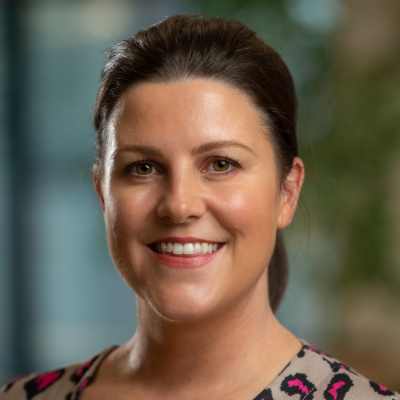 Olivia Hudson
Olivia Hudson
General Manager of Product and Marketing
Momentum Energy
- What are the roles for distributors, energy retailers and consumers?
- How do we ensure that this does not become a war for control of data and assets?
- What are the best approaches to leverage new technologies such as smart meters, IoT, and AI?
- What are the opportunities for generative AI and retail energy?
- Does the interoperability of batteries require regulation to ensure owners get full access to revenue?
Moderator:

Lance Hoch
Executive Director and Chair
Oakley Greenwood
Panellists:
 Ryan Wavish
Ryan Wavish
General Manager Innovation, ENGIE Retail
ENGIE Australia & New Zealand
 Stephen England-Hall
Stephen England-Hall
Chief Retail Officer
Genesis Energy
 Mitch O'Neill
Mitch O'Neill
Director
CAPA Intelligence
 Michael Jary
Michael Jary
Managing Director EMEA & APAC
Sense
 Scott Hamilton
Scott Hamilton
Adjunct A/Professor, Department of Chemical and Biological Engineering
Monash University
- Dealing with energy price volatility by having the flexibility to quickly adjust positions and portfolios in response to fluctuations in generation
- Hedging against price volatility, including diversifying portfolios across different energy sources and geographical regions to reduce exposure to specific market risks
- Trading strategies that focus on virtual power plants (VPPs) or demand response programs can capitalise on flexibility in energy consumption patterns to optimize trading positions and capture value in a dynamic market
- How effective is pricing as a mechanism to enhance market efficiency, reflect transmission constraints, and provide clear signals for investment and consumption decisions across different zones?
- Optimising transmission and distribution infrastructure as prices can incentivise generators and consumers to locate or adjust their operations based on market signals within their respective zones
 Andrew Lewis
Andrew Lewis
Executive General Manager, Consumer, Markets and Analytics
AEMC (Australian Energy Market Commission)
- Is the electricity industry facing a pricing-related trust crisis, and how can it be fixed?
- How important are pricing arrangements in achieving the goals of energy transition?
- What more should retailers be doing to help customers embrace new pricing methods?
- How important is it for retailers to provide customers with meaningful choices?
- What characteristics make pricing structures fair or unfair?
- Should retailers always align retail and network tariff structures to improve price signalling to customers?
Moderator:
 David Prins
David Prins
Director
Etrog Consulting
Panellists:
 Lam Phan
Lam Phan
General Manager, Commercial
ENGIE Australia & New Zealand
 Jo De Silva
Jo De Silva
General Manager Retail Policy
Australian Energy Council
 Andrew Lewis
Andrew Lewis
Executive General Manager, Consumer, Markets and Analytics
AEMC (Australian Energy Market Commission)
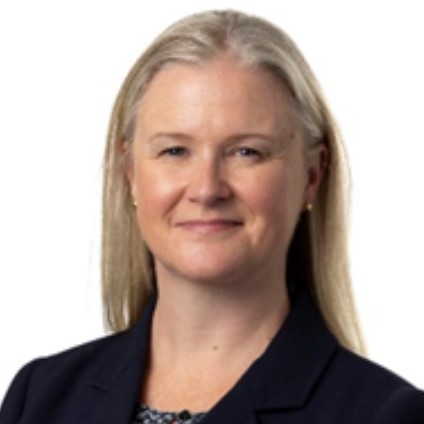 Catherine Wolthuizen
Catherine Wolthuizen
Ombudsman and Chief Executive
Energy and Water Ombudsman (Victoria) (EWOV)
